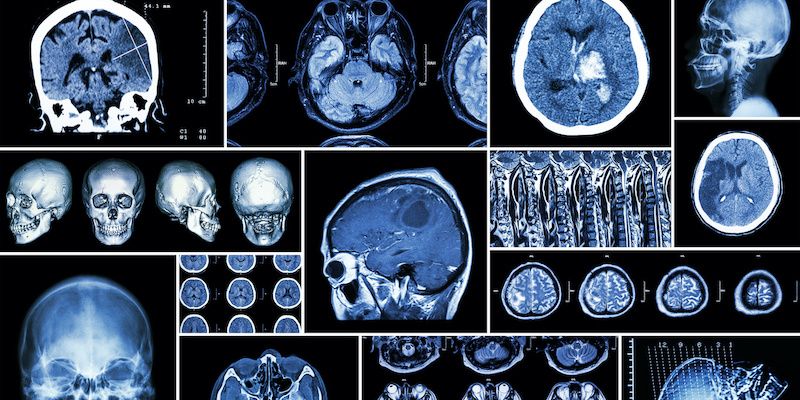
Multiple Sclerosis
Latest News
Latest Videos

CME Content
More News

MS specialists Darin Okuda, MD and Thomas Leist, MD discuss the viability of a generic-first treatment approach in MS.

Key opinion leaders in MS describe the impact of generic medication availability on the management of MS and cost of MS treatment.

Results of a retrospective observational study indicate good adherence to disease-modifying therapies (DMTs) for multiple sclerosis (MS) is associated with better outcomes among veterans with the disease.

Spinal cord stimulation (SCS) to treat pain in persons with multiple sclerosis (MS) was the focus of a recent literature review out of Italy.

Here are some of the latest developments in multiple sclerosis (MS) from our sister publication, NeurologyLive®.

Darin Okuda, MD discusses the risk of undertreating MS patients and the avoidance of undertreatment with newer high-efficacy therapies.

MS specialist Thomas Leist, MD provides insights into the challenges of evaluating and monitoring patients with MS.

Nancy Ross, PharmD, BCACP, MSCS, CSP describes treatment approach and patient navigation in an MS center of excellence.

Maria Lopes, MD, MS discusses payer considerations and challenges in MS treatment management with the ongoing paradigm shift toward early high-efficacy treatment.
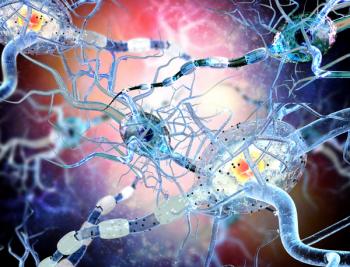
A new analysis may give clinicians a more in-depth understanding of an individual patient’s multiple sclerosis (MS) disease course.

Although existing research has shown structural differences between multiple sclerosis (MS) and neuromyelitis optica spectrum disorder in following optic neuritis, the new report also covers non–optic neuritis eyes.

Early intensive treatment was more efficacious at slowing disease accumulation in patients with relapsing-remitting multiple sclerosis (RRMS) vs initiating therapy with a moderate-efficacy disease-modifying treatment (DMT) prior to switching to a higher-efficacy DMT.

Experts in MS discuss the evolution in treatment options over time and the shift towards use of early high-efficacy therapy.
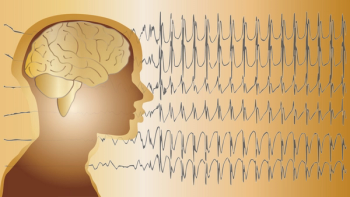
The report gives a more holistic picture of a highly studied by little understood issue in multiple sclerosis.

Here are some of the latest developments in multiple sclerosis (MS) from our sister publication, NeurologyLive®.

Thomas Leist, MD describes the epidemiology of MS and the journey of patients as the disease progresses.

A multidisciplinary panel of experts provide an overview of the progressive nature of multiple sclerosis (MS) and discuss how clinicians, payers, and pharmacists approach management of the disease.

The study authors hope their findings inform future interventions whose goal is to minimize the comorbidity burden of adults with multiple sclerosis (MS), thereby improving their quality of life and ultimate health outcomes.

Compared with their peers receiving injectable treatments for their relapsing-remitting multiple sclerosis (RRMS), children who received newer disease-modifying therapies (DMTs) had improved scores on several measures of disease progression.

Here are some of the latest developments in multiple sclerosis (MS) from our sister publication, NeurologyLive®.

The new study identified altered microRNA (miRNA) in gray matter lesions, which could provide a new important marker of multiple sclerosis (MS) progression.
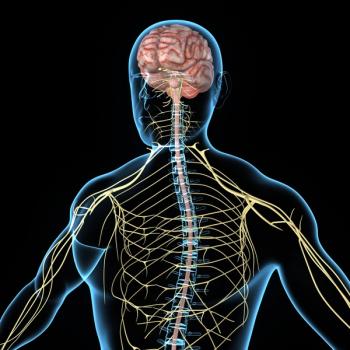
Patient social cognition remained stable over 3 years, but its correlation with structural damage in the brain changed over time.
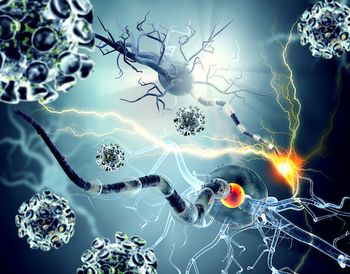
Here are some of the latest developments in multiple sclerosis (MS) from our sister publication, NeurologyLive®.

Confirmed disability progression is often used as a study endpoint to predict progression, but a new report says its predictive value may be overblown.

Here are some of the latest developments in multiple sclerosis (MS) from our sister publication, NeurologyLive®.
